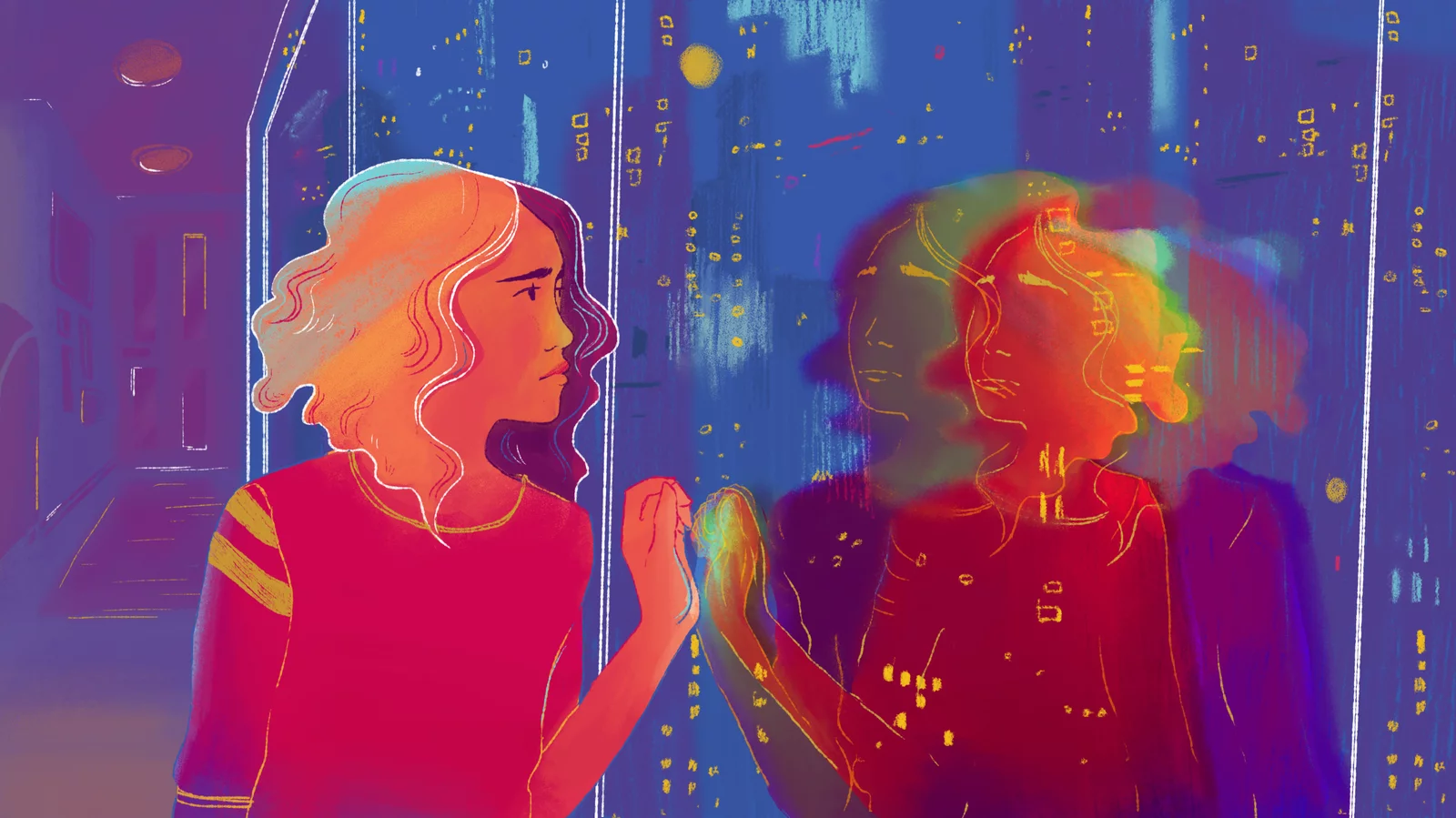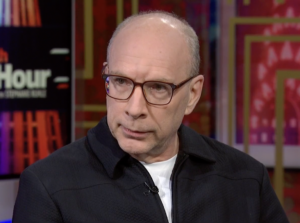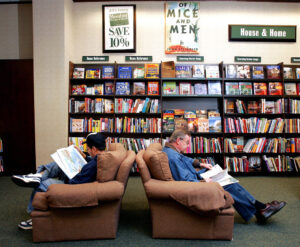Perspective | Being Ethnically Ambiguous in a Race-Fueled America
In this race-fueled age, where attacks have become personal and counter-movements even more so, where does one stand when they both belong with and are alienated from both sides?

Image Credit: Kristen Uroda for NPR
No one I’ve met has ever been able to guess my race correctly. Not that it’s a competition, or that people should even be trying. I only bring it up because of the unusually high amount of times people have tried, and failed. I’ve gotten a variety of stereotype-fueled guesses: Latin American (when my hair is naturally wavy), Eastern European (when my hair is lighter), Pacific Islander or Native American (when I’m really tan). I’ve gotten frequent assumptions: older ladies politely asking me in Spanish for directions to the nearest bathroom at the airport terminal. Even in those interactions I still notice an air of uncertainty, one that has blanketed my racial identity since I was born. I’m half Chinese and half Iranian. No, I’m not Muslim, but my paternal grandparents who live in Iran are. Yes, I’ve been to China, and yes, the locals in my maternal grandparents’ Shenzhen town used to stare at me with no disregard because as a young girl, I was the only one in the whole neighborhood that didn’t look Chinese. And to those who stare, no, my mother is not my bǎomǔ, or nanny, and yes, we get asked that every time we visit. When I was younger, it never fully dawned on me how unusual it is to be ostracized in the country I share half my heritage with. Not until I began to look at where I belong in this country, the country I was born and raised.
One afternoon in my late teens while volunteering at my town’s community center during summer break, I was sitting alongside some acquaintances when we stumbled upon the topic of school. A white man, maybe just a bit older than I was, started ranting about the many Muslim schools in a nearby town with a large Muslim population. His voice was seeping with disgust as he accused the Muslim schools of brainwashing children into hating America and forcing them into a dangerous religion. But what astounded me the most was how he was telling this to me as if he were confiding in a friend, like this was a conversation he thought I would actually enjoy having with him. I was speechless. For a few seconds I just blankly stared at him while running scenarios in my head about the appropriate response in such a situation. I wasn’t as much surprised at what he said, as I was aware of the crowd he hung with and the political views he held. I just couldn’t understand why he would say that to me. Me, whose father was born and raised in “Muslim” schools in Iran, whose grandparents practiced this religion every day. In the end, I couldn’t think of one thing to respond with before he was beckoned elsewhere and walked away.
For so long, I never realized how much the ambiguity of my race has affected what I do–or moreso, what I do not–experience. I’ve never had an incident in my life where a stranger has been biased, rude, or even violent toward me for the sole purpose of my race. And if that’s the case, can I truly claim the same experience with those who I share half my heritage with if I do not share the same discrimination? And, how can I be so devoid of these experiences if so much of my being, both biologically and culturally, is so similar to those who face them every day? To some, I may be white-passing, but I still do not share the same privileges as white people either. I have no generational wealth, and my immigrant parents have no network in this country to offer me opportunities and guidance. What I do experience, however, is respect and even kindness from many people I know to be at times openly prejudiced towards the very parts that make me whole.
I’ve heard stories about my Iranian father being “randomly” selected at the airport or followed around by suspicious associates at department stores. I’ve seen my mother, who holds a Master’s degree in computer science, be patronized because she is a five-foot-tall Asian woman with an accent. I’ve always had a long list of other privileges–financial security, access to a good education, and the health of myself and my family–that ought never to be overlooked. But I’ve only recently begun to understand that my privilege in no way stops there. I’ve never experienced what it’s like to have my character or ability be preconceived based on my race, because my race has always been inherently unidentifiable to those who have sought to judge me off it. I’ve always considered myself to be non-white or a “person of color,” but in this race-fueled age, where attacks have become personal and counter-movements even more so, where does one stand when they both belong with and are alienated from both sides?
I’ll always regret that I did not speak up during that incident. Why couldn’t I stand up for my culture? Is it because I didn’t feel like I was a valid mouthpiece for a religion I do not practice, and an ethnicity I am only half of? In the end, I’ve come to realize that I’ve pigeonholed my identity through the lens of being “half,” “mixed,” and, ultimately, less than 100%. But I’m ready to accept that my experience being Chinese or Iranian won’t be the same as others I know, yet it is a unique and valid experience nonetheless. Being mixed race isn’t just an amalgam of various cultures, but something different entirely, and something worth standing up for.
Roya Lotfi (she/her) formerly held the role of Editor-in-Chief at JPI Online Magazine. Her academic journey led her to a Master’s degree in International Relations from New York University, complementing her earlier BS in Biology from Montclair State University. Despite her scientific background, Roya’s unwavering passion for domestic and international politics guided her toward the vibrant world of IR. Prior to commencing her studies at NYU, she honed her skills in video production while working at Bright Trip Inc. and even contributed her talents to NBCUniversal. Looking ahead, her ultimate career aspiration is to create captivating video content focusing on current events and international relations within a media journalism organization. During her leisure hours, Roya enjoys indulging in reading and leisurely strolls around Central Park.





Great read! Thanks for sharing Roya! Unique perspectives like yours make it exciting to be a human.
Thank you for writing this, Roya. I’ve been trying to navigate my own racial ambiguity the past few years and while reading the experiences you shared, I was shocked as if I felt someone was describing my life. I am glad to know there are others in the world who have formed a meaning from the disparate pieces of ethnic identities that they believed previously defined them.